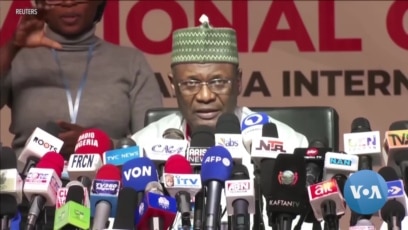The Nigerian media deserves commendation for the wide and innovative coverage of recent Presidential and National Assembly elections.
The pre-election coverage was also exhaustive and provided Nigerians enough information to help them decide on who to vote for in the election.
By assigning their reporters across the country to as many polling booths and collation centres, the media made it possible to effectively monitor the exercise and provide on the ground reports of what actually transpired amidst fake reports across various platforms.
The analysis by especially television and radio stations provided wider perspectives on the election and it outcome with informed commentaries with historical handsights.
We also note the commendable monitoring and sharing of credible reports about the elections by media Non Governmental Organizationsand other civil society groups.
However, we note that some media organizations and journalists did not adhire to the ethics of being balance and fair to all contestants.
Some media organizations were outrightly partisan in violation of the various codes on covering the elections.
In some cases, hosts of election coverage programmes could not hide their preference and sought every opportunity to argue in their favour or discredit the election.
Worst still some openly directly or indirectly declared their preferred candidates online and still expected to be taking seriously as an independent analyst of the election.
While the media and independent journalists should not shy from reporting and commenting on the good, the bad and the ugly about the election, they should do so in accordance with the code of ethics of the profession.
Professional journalism and broadcasting imposes on practitioners the need to rise above partisan reporting and pandering to ethnic, religious, political and other sentiments that can becloud their sense of judgment.
It’s also important for media organizations and journalists to know that the coverage of an election like this any crucial issue could make or mar their imagine with serious consequences for their image.
Ahead of the next elections, media organizations should ensure strict compliance with code of ethics of the profession. They should not wait for authorities like the Broadcasting Commission or the new national Media Complaints Commission to impose fines on them before warning and penalising erring staff.
There should be in house ombudsmen to who should review daily broadcasts and publications and point out the unethical practices.


